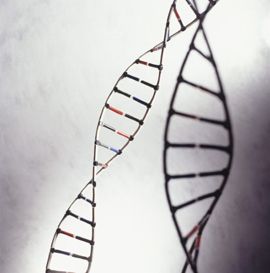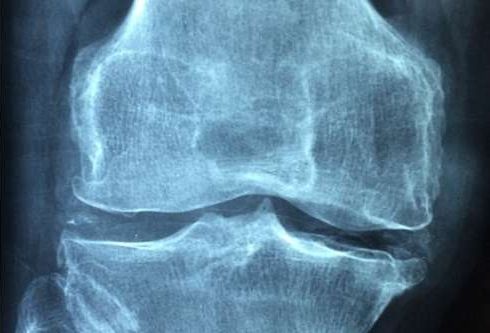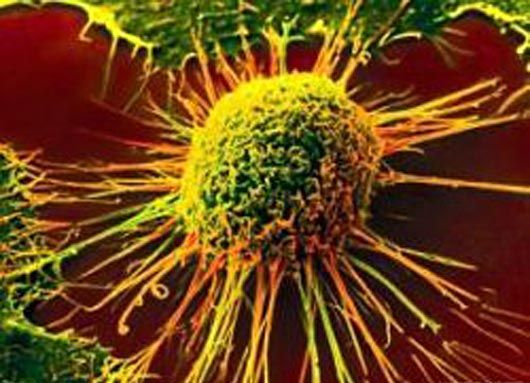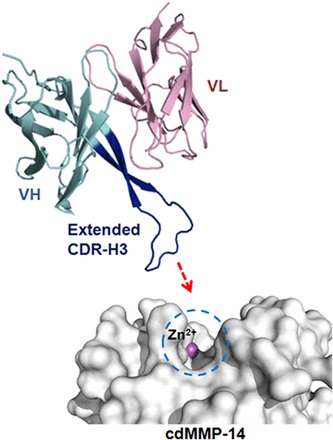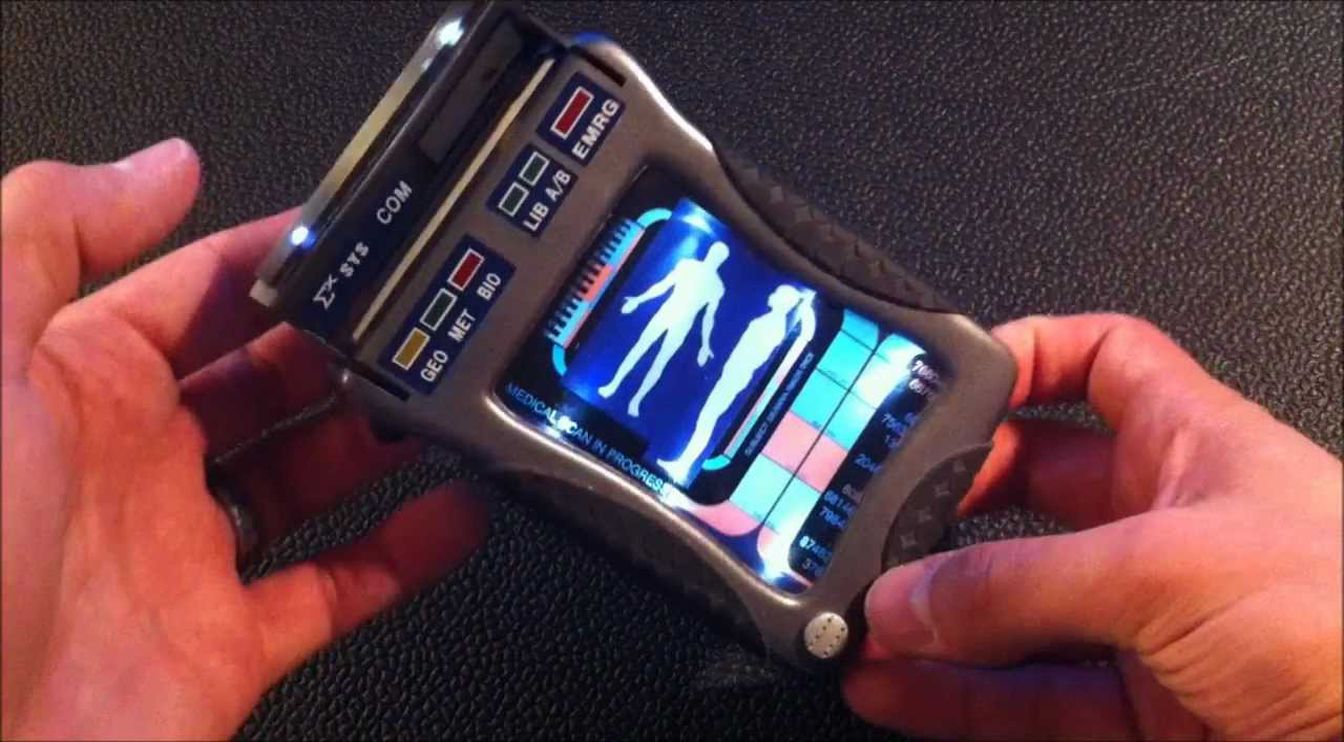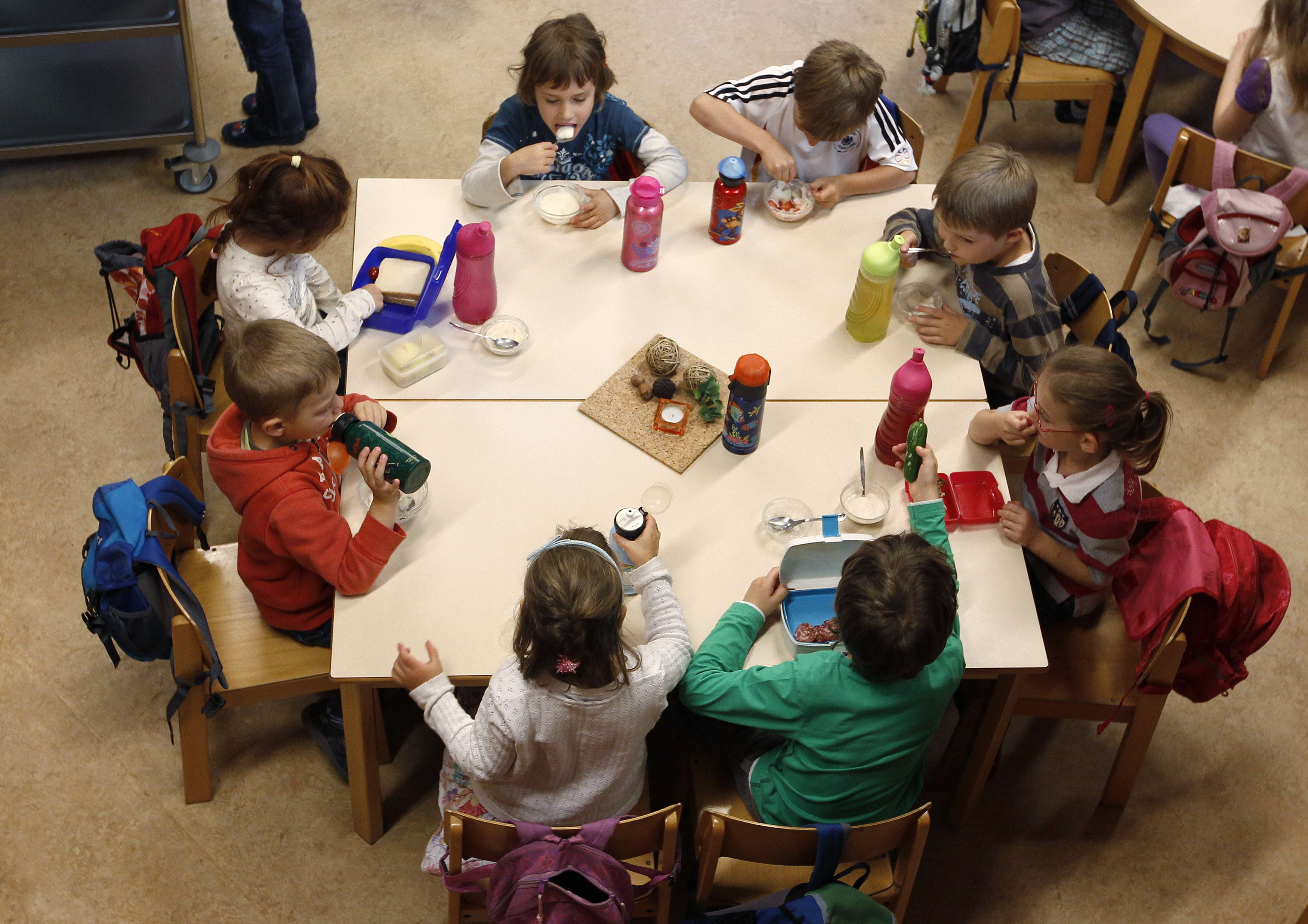Dec 18, 2016
CRISPR study reveals unexpected roles of non-coding RNAs
Posted by Steve Hill in category: biotech/medical
So much for “Junk” DNA being a load of old rubbish!
UC San Francisco researchers have taken a major step toward understanding the function of the tens of thousands of human genes that do not code for proteins, a phenomenon considered one of the key remaining mysteries of the human genome. New findings, which focused on the roles of these genes in human cancer cells, suggest a possible new strategy for targeting the disease.
In recent years, researchers have recognized that non-coding regions of the genome—long dismissed as “junk DNA”—are actually key players in cell biology, development, and disease. However, the vast majority of these regions have not yet been extensively studied.
Continue reading “CRISPR study reveals unexpected roles of non-coding RNAs” »
